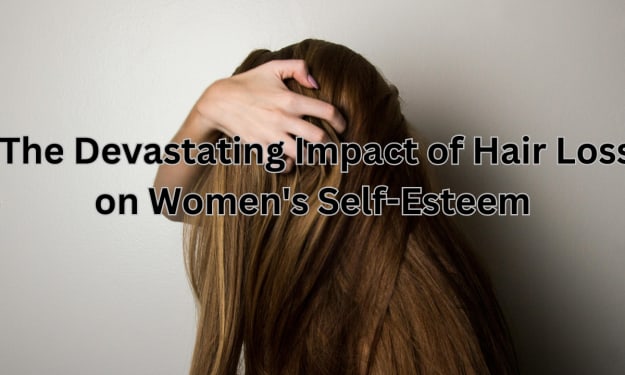The Role of Nutrition in Mental Health
A Deep Dive into Scientific Insights

The adage "you are what you eat" has never been more relevant, especially in the context of mental health. Nutrition is the cornerstone of our physical health, but did you know it also plays a pivotal role in our mental well-being? Let's unpeel the layers of this complex relationship and explore what science reveals about the role of nutrition in mental health.
Nutrition and Mental Health: The Scientific Connection
Increasingly, research is showing a strong link between diet and mental health. This connection, known as the "food-mood" phenomenon, underscores the importance of nutrition in influencing our mood and overall mental well-being.
1. Nutrient Deficiency and Mental Health Disorders
Certain nutrient deficiencies, like those of B-vitamins, Omega-3 fatty acids, and amino acids, have been linked to mental health disorders. These nutrients are vital for brain function, and their deficiency can affect mood, energy levels, and cognitive function.
Consider Tom, a young adult who lived mostly on processed foods and rarely ate a balanced meal. He frequently struggled with low energy levels, poor concentration, and mood swings. After a health check-up, he was found to be deficient in several essential nutrients. When Tom improved his diet to include these nutrients, his mental well-being also improved significantly.
2. The Gut-Brain Axis
The "gut-brain axis" is a term used to describe the communication network between our gut and brain. Emerging research indicates that the gut microbiome can influence mental health. A healthy gut, fostered by a balanced diet rich in fibre, probiotics, and whole foods, can promote better mental health.
Jenny, a middle-aged woman, was dealing with anxiety and depressive symptoms. Upon a friend's suggestion, she switched from a diet high in sugars and fats to one with more fruits, vegetables, and fermented foods. Gradually, not only did her digestion improve, but she also noticed a decrease in her anxiety levels.
3. The Sugar Impact
Science has found a link between high sugar consumption and increased risk of depression and anxiety. This correlation is attributed to blood sugar fluctuations and its impact on mood and energy levels.
Kelly, a student, used to rely heavily on sugary snacks and drinks to get through her day. Over time, she noticed periods of energy crashes and an increase in her anxiety levels. When she cut down her sugar intake, she noticed her energy levels were more stable throughout the day, and her anxiety was much more manageable.
Nutrition as a Tool for Mental Well-being
Recognizing the impact of nutrition on mental health can empower individuals to make healthier choices that benefit both their body and mind.
1. Balanced Diet
A diet rich in fruits, vegetables, lean proteins, healthy fats, and whole grains can provide essential nutrients for optimal brain function.
2. Limiting Processed Foods
Processed foods often contain high levels of sugars, unhealthy fats, and additives that can exacerbate mental health issues. Reducing these can lead to significant improvements in mental health.
3. Hydration
Dehydration can impair cognitive function and mood. Thus, ensuring adequate hydration is an easy yet crucial step towards better mental health.
Conclusion
The connection between nutrition and mental health underscores the importance of a balanced diet for our psychological well-being. Though making dietary changes is not a substitute for professional mental health treatment, it can be a powerful complement.
Remember, everyone is unique, and what works for one person may not work for another. Consulting with healthcare professionals like dietitians or nutritionists can help create a dietary plan that fits individual needs and contributes to better mental health.
The role of nutrition in mental health is an exciting area of ongoing research. As we continue to learn more, one thing remains clear: taking care of our physical health through proper nutrition is an essential step towards nurturing our mental health. In the pursuit of mental wellness, the journey to a healthier diet might be a great place to start.
About the Creator
Sheri Rettew
From the front lines of severe trauma and abuse to running nonprofit organizations dedicated to supporting victims, I am passionate about supporting positive change in the world beginning with how we address abuse and trauma.






Comments
There are no comments for this story
Be the first to respond and start the conversation.